 Joe writes thrillers–the kind that take you beyond gnawing your nails all the way to chompin’ your knuckles. This ability is what makes him a New York Times best selling author and winner of a gazillion awards. A couple of his books have been made into movies (High Crimes in 2002, and Paranoia in 2013). He’s one of my faves among the mainsteam authors, and an all-around cool guy.
Joe writes thrillers–the kind that take you beyond gnawing your nails all the way to chompin’ your knuckles. This ability is what makes him a New York Times best selling author and winner of a gazillion awards. A couple of his books have been made into movies (High Crimes in 2002, and Paranoia in 2013). He’s one of my faves among the mainsteam authors, and an all-around cool guy.
Jump in and see for yourself:
Linda: It was mighty generous of you to allow us voyeurs a virtual peek at your desk, and, having done so, I’m honored to meet someone who has his own bobble-head. But the fact that you have a bat-phone fascinated me. I have to ask: How much did the Batman series influence your life’s choices?
JF: Wow — we’re starting with a question I can honestly say no one has asked me before. But you’d have a hard time finding any American male within my age range who didn’t want to be Batman or Superman. Batman is the obvious choice, because of all the gadgets. Most of us weren’t born on Krypton, but we can all drive a Batmobile (and doesn’t every guy really want to?). And I’m still waiting for that bat phone to ring. Yep, I read all the Batman comic books and watched the TV show, loved the groovy camera angles, the Bat Cave, and that bust of William Shakespeare in Millionaire Bruce Wayne’s library that had the button inside that opened the bookcase. Though I always wondered why he had to slide down a firepole. Rich guy like that, why didn’t he have some supersonic elevator?
 Linda: If I understand correctly, you turned down the CIA to return to writing. After reading your thrillers, I wonder: Was being a spy not exciting enough for ya?
Linda: If I understand correctly, you turned down the CIA to return to writing. After reading your thrillers, I wonder: Was being a spy not exciting enough for ya?
JF: It would be more accurate to say I was recruited to the CIA — which had been my goal, because I wanted to be Jason Bourne. I wanted to be that guy, jumping between train cars and handing off secret messages in cafes. Instead, I discovered I’d be working at a cubicle, reading stacks of Soviet industrial production reports and economic analyses. That wasn’t exactly what I had in mind. My fictional spy world is far more exciting.
Linda: Some time ago, you posted a review of Lisa Gardner’s release, Love You More. You’re both best-selling authors, but do you learn from her and her techniques?
JF: I hope I learn from everything I read. I think most good authors do, consciously or unconsciously. When I set out to write thrillers, I did this in a very systematic way: I read a selection of what I considered the best books in the genre, and I dissected them. I made lists, I outlined, I identified elements of structure and pacing and character development, and I set out to imitate them. That’s how writers learn: from imitating the work they admire. At least, that’s what I used to tell my writing classes. There’s no shame in imitating someone’s style while you develop your own. And in the case of Lisa’s books, I pay close attention to the way she develops her characters, the emotionality, the family dynamics, and how she integrates them into a supercharged, highly suspenseful plot.
Linda: Putting the question a different way–do you still study the craft? Still pick up new ideas and tips about writing?
JF: Absolutely, and not just in the genre. That Lisa Gardner novel, LOVE YOU MORE, is a good example. That book is a model of some really sophisticated writing techniques: it shifts between first person and limited third person narration, and it tells parallel stories about two protagonists who get equal time on the page, only one of whom is a series character. It’s fascinating to see how Lisa uses this technique to keep her series fresh for loyal readers and accessible to new readers. Reading Lee Child is a great lesson (and reminder) of how spare prose can be while at the same time being elegant. I reread John D. McDonald’s Travis McGee’s novels from time to time to absorb pointers about character, and sometimes I reread James M. Cain and Raymond Chandler to remind myself how sharp the point of view can be and how you can get across the essence of a character in one pithy line.
Linda: To settle the outline/non-outline question right now–you’re an outliner. Some outliners know what’s going to happen on page 272 before they’ve written page 1. Others hit the highlights, and fill in the blanks as they go. How extensive is your outline?
JF: Yes, I’m an outliner, although “outline” suggests something a little more formal than what I do. After writing POWER PLAY without an outline, I realized that I need a map that tells me where I’m going, with a few major plot developments along the way. I know where I’m starting; I know where I’m going to end up; I know a few of the major reversals and surprises along the way. (The motto “Surprise, Reverse, Reveal” is posted on my computer monitor.) I like to compare it to taking a drive, say from Boston to Albany. I have a map, but as long as I know the stops I need to make, I’ll let myself wander a little along the way. Whereas if you outline too comprehensively, it’s like driving across country with your navigation system on. You hear that damned voice telling you every single turn to make, and after a while it can make you crazy.
Linda: One time, you wrote: “Alfred Hitchcock was wrong. Writing about your fears doesn’t always make them go away. Sometimes it just makes them worse.” What prompted this revelation was your experience being closed up in a casket as research for Buried Secrets. (Yowzah! Even your post on the research was a nail-biter!) Is this the most extreme research you’ve ever done? If not, what is?
 JF: No, the most extreme research I ever did was going to Moscow to penetrate an organized crime ring as research for a novel. I had a source who was an undercover agent there and agreed to bring me to a meeting. A few hours before I was supposed to show up, at a midnight gathering, my source called me and said, “Leave Moscow as soon as you can. They think you’re CIA, and they’re planning on killing you.” No joke. I left the country real fast.
JF: No, the most extreme research I ever did was going to Moscow to penetrate an organized crime ring as research for a novel. I had a source who was an undercover agent there and agreed to bring me to a meeting. A few hours before I was supposed to show up, at a midnight gathering, my source called me and said, “Leave Moscow as soon as you can. They think you’re CIA, and they’re planning on killing you.” No joke. I left the country real fast.
Compared to that, being locked up in a steel casket was tame. At first it seemed restful — I felt like I could almost take a nap — and then it hit me where I was, and I began to hyperventilate, and I yelled to be let out, but they couldn’t hear me. Then the panic set in . . . Eventually they heard me pounding. That rush of fresh air was cool and sweet.
Linda: What draws an author to write thrillers? To imagine the horrid things human beings can do to each other, and put them on paper?
JF: We write what we like to read. And it’s not about horrid things — it’s about mastering suspense and fear. Why do we like ghost stories, or scary stories in general? Because it gives us a vicarious sense of adventure that helps relieve the dullness of our conventional lives, and it also gives us a feeling of control, of mastery, of having gone through something frightening and having reached the other side. Those of us who write thrillers are storytellers in exactly the same way as primitive hunters sat around the flickering fire in their dark caves and told each other tales, thousands of years ago, if not longer. Stories unite us. Stories are what make us human. And way back in prehistoric times, the storyteller was considered to have a magical gift. They were even feared. And here we are on Twitter.
Linda: Is there a point where you’d draw the line and say, “I’m not going to depict that, even in fiction”? What is that point for you?
JF: Sure. Having had a daughter, I’m unable to write any scene involving the death of a child. I can’t read about the death of a child. I made the mistake of watching the movie Rabbit Hole, which was beautifully acted and written, and simply unbearable. That was a nightmare for me. I won’t write rape scenes. And even if there are scenes in which violence happens, I tend to pull the camera back and away, as it were. I think that violence can be more powerful if it’s rendered subtly. I have made the mistake of having a family pet — a Golden Retriever — killed in Company Man, and I still get emails and letters complaining about that. I felt bad about it, but I also felt it was necessary to show exactly how dangerous and scary my protagonist’s stalker was.
Linda: Where do you get your ideas for your stories? For your characters?
 JF: Ideas for stories come from everywhere. Seriously, everywhere. A female friend tells me she discovered her husband’s driver’s license in the back of a drawer, and it has a different name on it . . . and that led to HIGH CRIMES. I hear stories from people, I read articles and think, huh, what if . . . Truth is, I’ll never have enough time to write all the stories I have ideas for.
JF: Ideas for stories come from everywhere. Seriously, everywhere. A female friend tells me she discovered her husband’s driver’s license in the back of a drawer, and it has a different name on it . . . and that led to HIGH CRIMES. I hear stories from people, I read articles and think, huh, what if . . . Truth is, I’ll never have enough time to write all the stories I have ideas for.
 All my characters come from real life, although the Jungian principle applies: every character I create is probably some version of myself, because I’m the one making them up. But Nick Heller, for example, came from a conversation I had with an old friend who used to be CIA, and now does what Nick does — he’s a “private spy.” Nick shares some attributes with him, but I think he’s also got a lot in common with Adam Cassidy, the protagonist of PARANOIA, and Jake Landry, the hero of POWER PLAY. Nick is a wish-fulfillment version of myself.
All my characters come from real life, although the Jungian principle applies: every character I create is probably some version of myself, because I’m the one making them up. But Nick Heller, for example, came from a conversation I had with an old friend who used to be CIA, and now does what Nick does — he’s a “private spy.” Nick shares some attributes with him, but I think he’s also got a lot in common with Adam Cassidy, the protagonist of PARANOIA, and Jake Landry, the hero of POWER PLAY. Nick is a wish-fulfillment version of myself.
Linda: What would you consider the high point of your career?
JF: Oh, tough one. I hope the high point of my career hasn’t happened yet. But up until now, I’d have to say winning the Thriller Award for KILLER INSTINCT in 2007. A tremendous honor, especially coming from my peers. Then there was going to the Hollywood premiere of “High Crimes” — that was pretty cool. And that call from my editor, Keith Kahla, telling me that PARANOIA had hit the New York Times bestsellers list – my first hardcover bestseller.
~~~~
Joe has a new one about to release: Suspicion. I can’t wait to get my hands on it. It’s available for pre-order, but the release date is May 27.


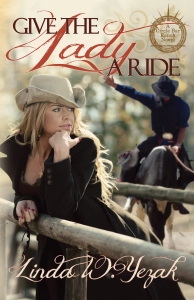
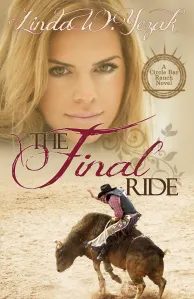



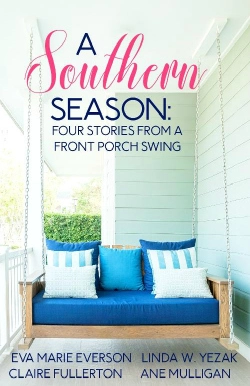
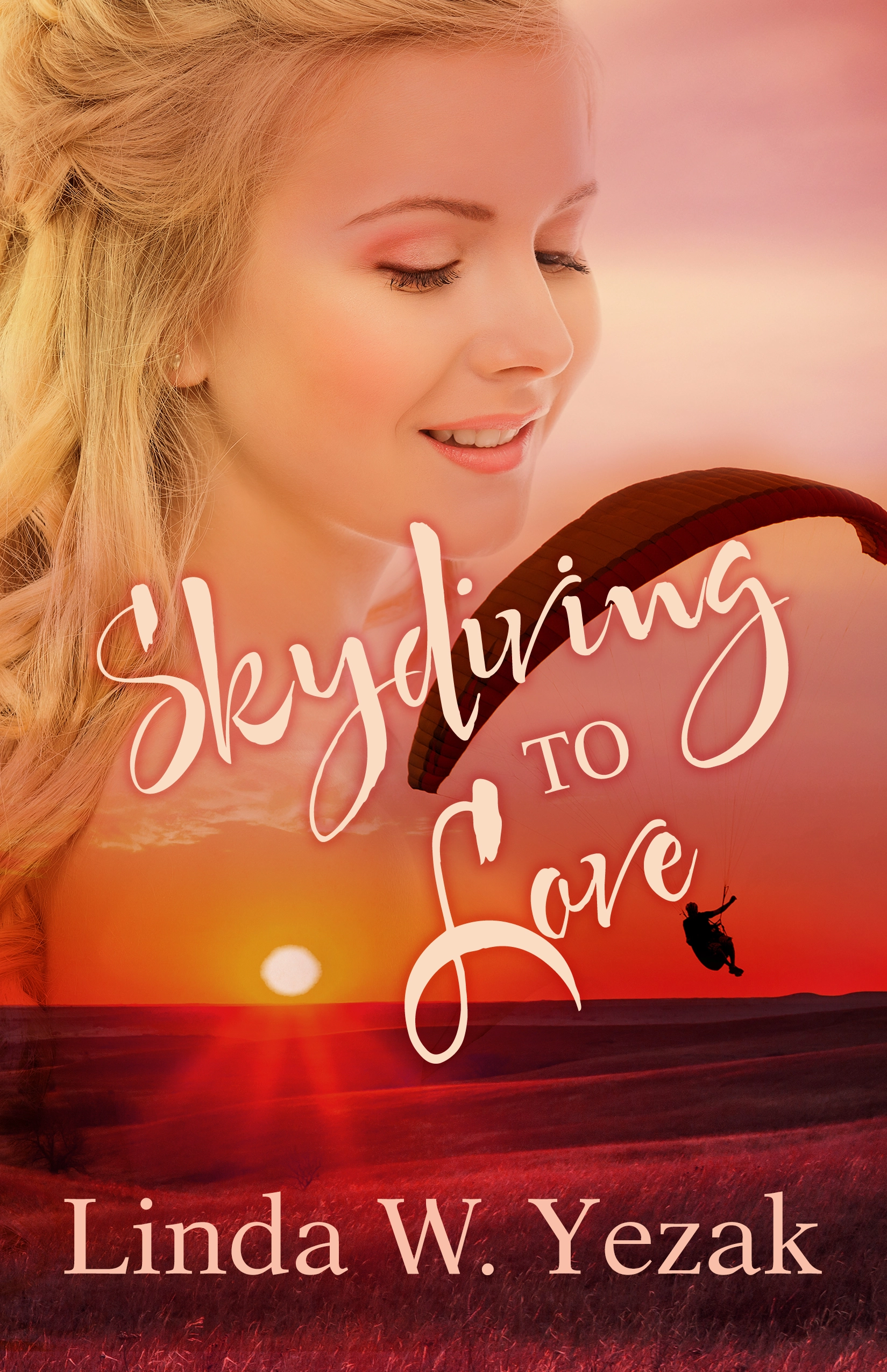
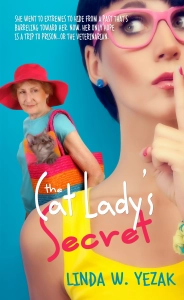






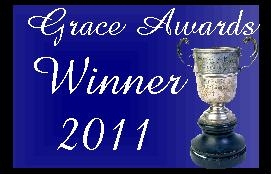


What a brilliant and insightful interview, great questions and answers 🙂
LikeLiked by 1 person
Thanks! He was fun to research and easy to interview.
LikeLike
Oh, he sounds interesting! I haven’t read him yet. I’ll have to put some of his on my TBR on Goodreads. 🙂
LikeLiked by 1 person
You’ll like him!
LikeLike